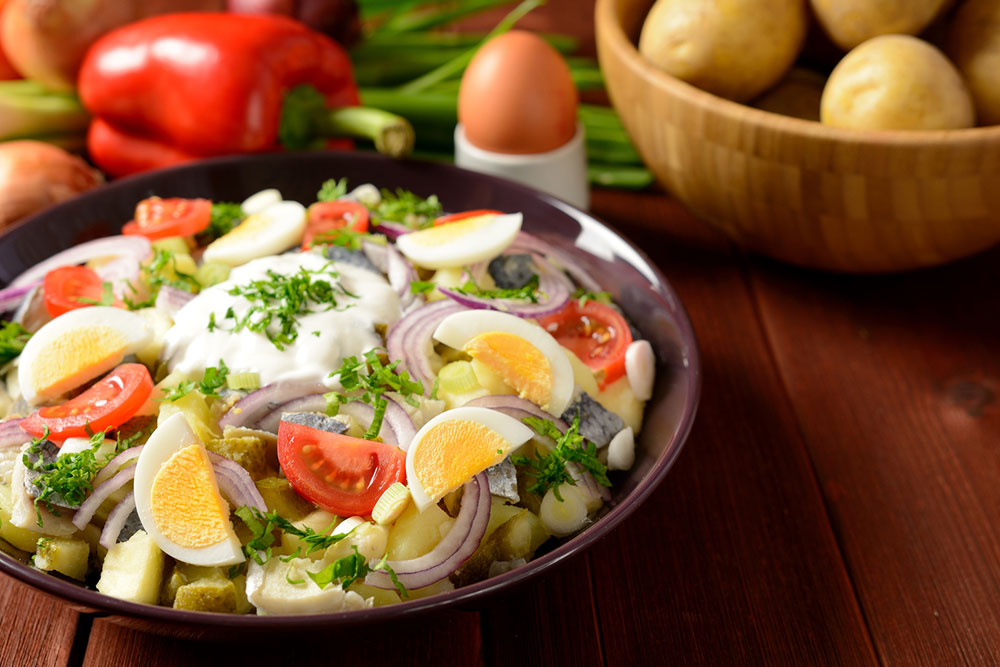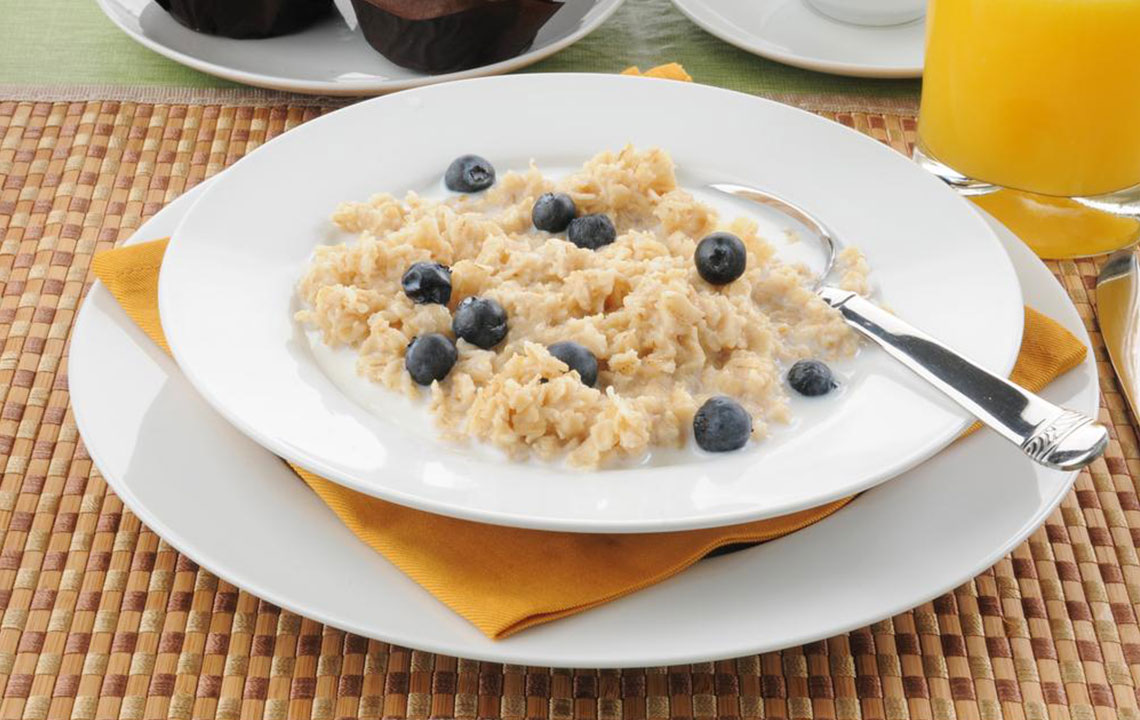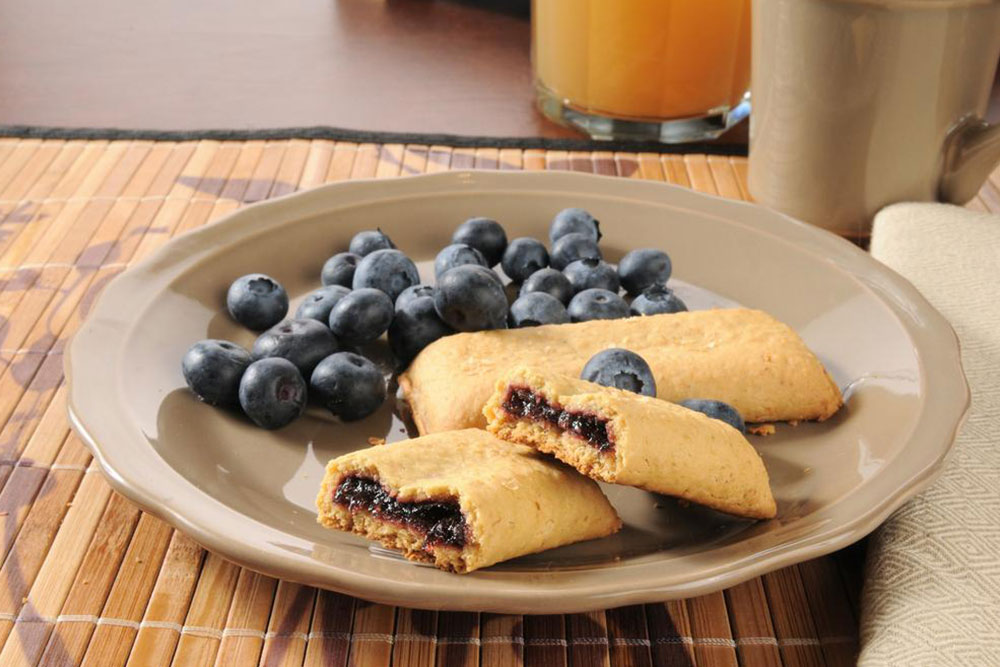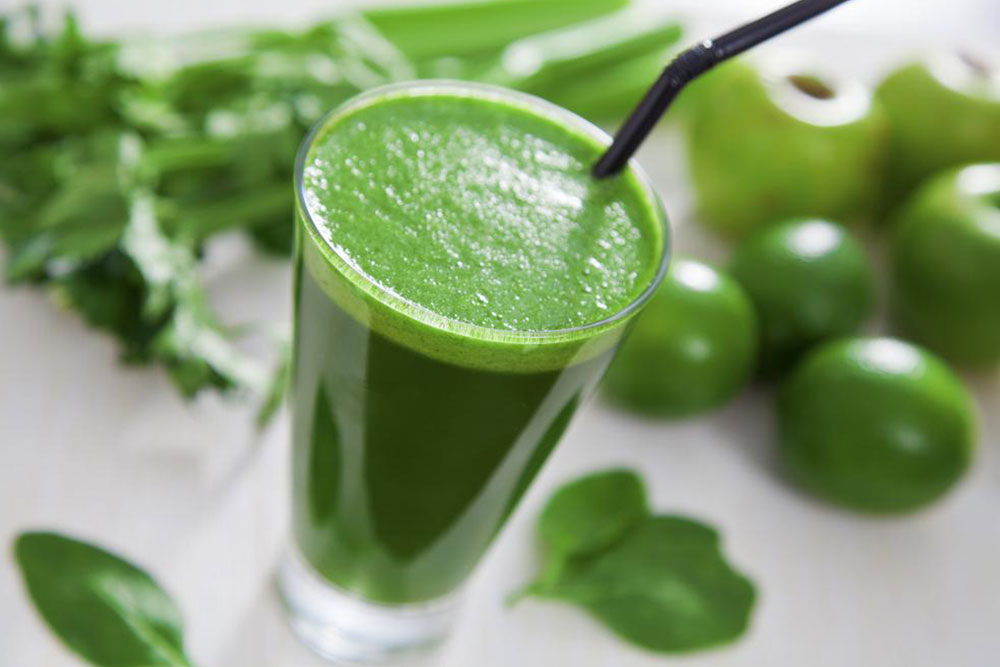Top 12 Nutrient-Rich Foods to Boost Your Fiber Intake
Discover the top 12 high-fiber foods that can boost your digestive health and overall wellness. From nuts and legumes to fruits and grains, this guide highlights nutrient-dense options to incorporate into your daily diet. Eating fiber-rich foods supports healthy digestion, prevents constipation, and promotes cardiovascular health. Ideal for all, especially the elderly or those with digestive issues, these foods are easy to include and highly beneficial. Enhance your diet and improve your health naturally with these tasty, fiber-packed options.

Top 12 Nutrient-Rich Foods to Boost Your Fiber Intake
Dietary fiber, found in plant-based foods, comprises non-starch carbohydrates that are processed uniquely in the large intestine. Increasing fiber consumption is vital for those with diets heavy in meat and low in vegetables. Fiber promotes healthy digestion by adding bulk to stool, easing bowel movements, and alleviating constipation—one of the most widespread digestive issues. Incorporating high-fiber foods into your daily meals can significantly improve digestive health. Below are some of the best high-fiber options to consider including in your diet.
Dark chocolate: Indulge in dark chocolate with over 90% cocoa content for a fiber boost of up to 10.9%. Despite its reputation, high-quality dark chocolate is rich in nutrients and antioxidants, making it a healthier treat when consumed in moderation.
Almonds: Containing approximately 12.5% fiber, almonds are packed with healthy fats, vitamin E, manganese, and magnesium. They serve as a tasty, nutritious snack alternative to processed junk foods.
Legumes: Incorporate legumes like black beans (8.7%), edamame (5.2%), lima beans (5.3%), or baked beans (5.5%) to enhance your fiber intake. Chickpeas stand out with 7.6% fiber, offering both nutrition and flavor. These are staple foods in many cultures for their nutritional density.
Lentils: With an average of 7.9% fiber and high protein content, lentils are a balanced addition to any diet, supporting digestion and overall health.
Broccoli: This nutrient-dense vegetable provides vitamin C, K, folate, potassium, iron, antioxidants, and anti-carcinogenic compounds. Its 2.6% fiber content helps combat chronic constipation and boosts overall health.
Pears: Juicy and delicious, pears contribute 3.1% fiber and are widely available, making them a convenient and tasty healthy option.
Strawberries: Rich in vitamin C and antioxidants, strawberries contain about 2% fiber and serve as a flavorful alternative to processed snacks, promoting health and wellness.
Bananas: With 2.6% fiber, bananas are versatile and nutrient-rich, offering vitamin C, B6, and potassium. Green bananas contain resistant starch, a form of indigestible carbohydrate that behaves like fiber.
Avocado: Known for healthy fats rather than carbs, avocados provide 6.7% fiber along with vitamin C, E, B vitamins, potassium, and magnesium, supporting heart and digestive health.
Popcorn: When air-popped without added fats, popcorn offers an impressive 14.5% fiber content, making it an excellent fiber-rich snack.
Oats: As one of the healthiest grains, oats contain beta-glucan fiber, which benefits blood sugar levels and cholesterol. With 10.6% fiber, oats are a wholesome, versatile food.
Chia seeds: With a remarkable 34.4% fiber content, chia seeds are an outstanding plant-based source of fiber that can easily be added to meals for nutritional enhancement.
Incorporate these fibrous foods into your diet regularly to support digestive health, manage weight, and prevent cardiovascular issues. A diet rich in fiber is especially beneficial for the elderly and individuals with digestive concerns.









